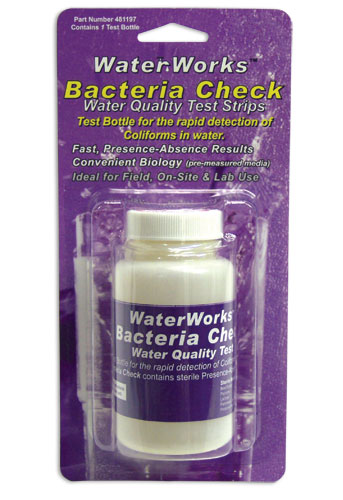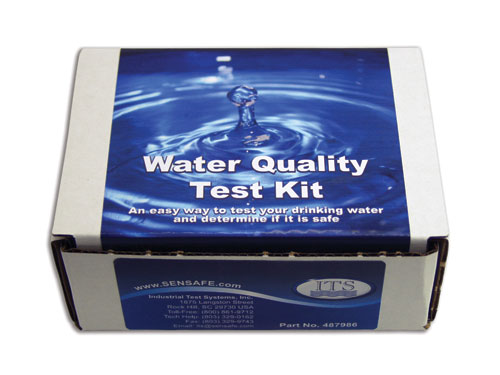Experts agree that private well owners are 100% responsible for the quality of the water coming out of their wells.
Residents with private wells should definitely test their water to monitor its quality. Private well owners are solely responsible for the safety of their wells and any recommended testing. A laboratory analysis of your water supply will provide you with the information needed to take immediate and long-term corrective measures, if necessary, to provide a suitable and safe water supply. ( source )
So… What about when Mother Nature’s fury finds it way to your doorstep? What then?
No one in their right mind would argue in favor of having a terrible storm which rips trees out by the roots and dumps several inches of water on an area in a very short period of time — but storms like those happen all the time and when they do, people in the affected areas often go without potable (fit for human consumption) drinking water for a long while.
Anytime an area gets flooded, the wastewater in the sewers and sewage from leach fields has an opportunity to become part of the surface water. That means all surface water poses a risk to human health if not properly treated before use.
Ah, but well water comes from aquifers sometimes hundreds of feet below ground so it should pose no danger to humans, right? Wrong. If the well’s structure has even the slightest crack in it, and this includes all the seals at the top of the well AND the well casing running all the way down to the underground water source. The smallest opening serves as the perfect introduction point for harmful bacteria and/or other pollutants.
So remember, it’s your well and your responsibility to make certain it produces safe, potable water during times of calm weather and definitely following periods of bad weather, intense storms and flooding.
You should always opt for certified laboratory analysis after bad weather but in times of dire need, or between regularly scheduled (annual testing is suggested) well water tests, you may want to consider using an at-home test test kit for drinking water.
Let’s face it: If flood waters prevent you from getting to safety and/or rescuers carrying fresh water from getting to you, an at-home drinking water test kit may make the difference between dehydration, disease, death… and survival.
 Bacteria Check for Drinking Water |
 Water Quality Test Kit for Drinking Water |




